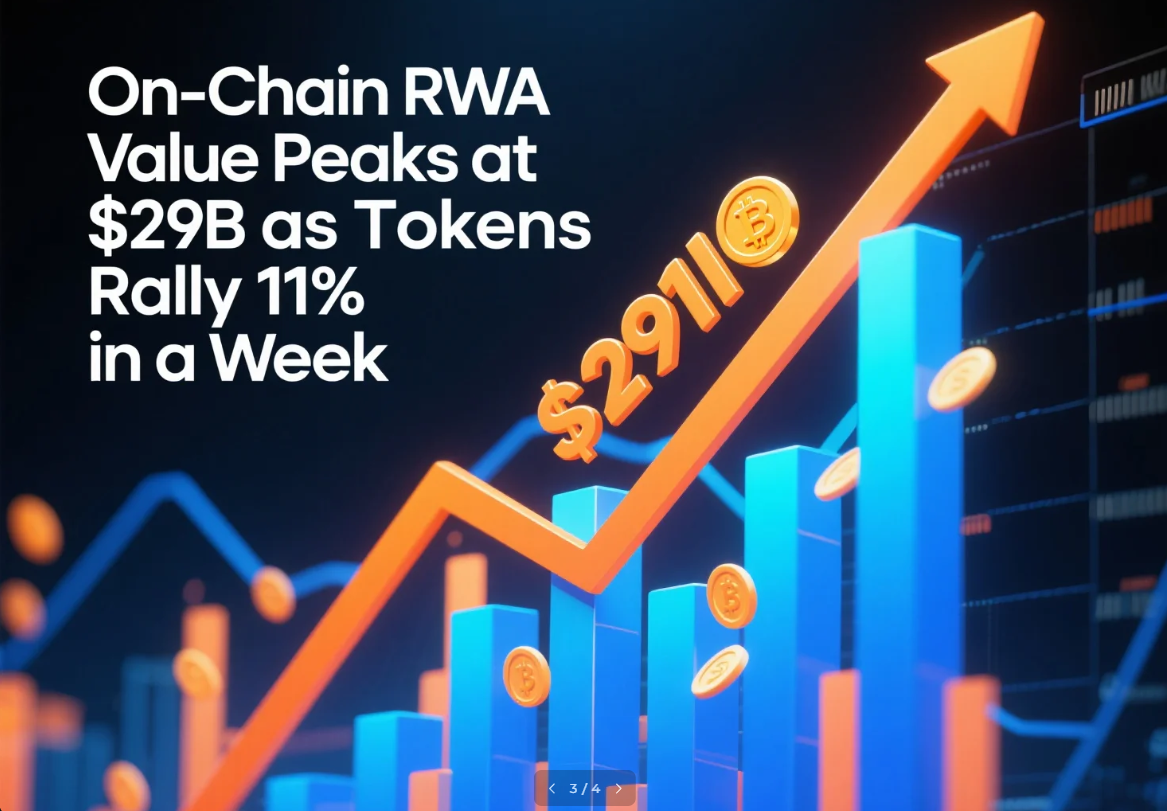Top 10 Best Crypto Wallets in 2025: Secure & User-Friendly Options for Bitcoin and Altcoins
Don’t just sign up — trade smarter and save 20% with referral codes: Binance WZ9KD49N / OKX 26021839
What is a Crypto Wallet? – Definition and Purpose
What is a Crypto Wallet? – Definition and Purpose h2 { color: #34495e; } < ul { list-style-type: disc; padding-left: 20px; } li { margin-bottom: 10px; } table { width: 100%; border-collapse: collapse; margin-top: 20px; } th, td { border: 1px solid #ddd; padding: 8px; text-align: left; } th { background-color: #2c3e50; color: white; } tr:nth-child(even) { background-color: #f9f9f9; } tr:hover { background-color: #f1f1f1; } < h2 { color: #34495e; } <
Cloud-Based Wallets: Convenience vs Risk
In the ever-evolving landscape of cryptocurrencies, managing digital assets safely is paramount. One popular method for storing crypto is through cloud-based wallets, which offer unparalleled convenience but come with notable risks.
What Are Cloud-Based Wallets?
Cloud-based wallets, also known as online wallets, store your private keys on remote servers maintained by third-party providers. These wallets allow users to access their funds from any device connected to the internet, making them highly convenient for frequent transactions or those who prefer not to manage their own hardware.
The Appeal of Convenience
Accessibility: Cloud-based wallets can be accessed anytime, anywhere via a web browser or mobile app. User-Friendly: They typically require minimal technical knowledge, offering an intuitive interface for beginners. Backup Options: Most providers offer automatic backups and recovery options, reducing the risk of losing funds due to hardware failure.
Risks Involved
While cloud-based wallets provide ease of use, they also introduce certain vulnerabilities:
Data Breaches: Since your private keys are stored on external servers, these wallets are susceptible to cyberattacks targeting the provider’s infrastructure. Single Point of Failure: If the service provider goes offline due to maintenance, server issues, or other reasons, you may lose access to your funds temporarily—or permanently if the provider shuts down. Third-Party Dependence: Trusting a third party with your private keys means relying on their security measures and integrity, which could lead to misuse or negligence.
How to Mitigate Risks
To maximize the benefits while minimizing the risks, consider the following tips:
Choose Reputable Providers: Research well-known and trusted wallet services with transparent security practices. Enable Two-Factor Authentication (2FA): Add an extra layer of protection to prevent unauthorized access. Diversify Storage Solutions: Combine cloud-based wallets with hardware wallets for added security when dealing with large amounts of crypto.
In conclusion, cloud-based wallets strike a balance between convenience and functionality, making them ideal for casual users or those new to cryptocurrency. However, it’s crucial to weigh the convenience against potential risks and adopt best practices to safeguard your digital assets. By doing so, you can enjoy the benefits of a cloud-based wallet without compromising your financial security.
Cross-Platform Compatibility: Ensuring Seamless Access
Cross-Platform Compatibility: Ensuring Seamless Access
In today’s digital age, cross-platform compatibility is no longer just an advantage—it’s a necessity. For blockchain and cryptocurrency platforms, ensuring seamless access across different devices and operating systems is crucial to fostering user engagement and adoption. This section delves into why cross-platform compatibility matters and how it can be achieved.
Why Cross-Platform Compatibility Matters
Blockchain technology has grown beyond the confines of desktop computers. Users now access decentralized applications (dApps), wallets, and exchanges from a variety of devices, including smartphones, tablets, and laptops. Each platform presents unique challenges such as varying screen sizes, input methods, and hardware capabilities. Without cross-platform compatibility, users may face fragmented experiences that hinder usability and discourage continued interaction with blockchain services.
For businesses operating in the crypto space, cross-platform compatibility also translates into broader market reach. By supporting multiple platforms, companies can cater to a diverse audience, regardless of whether they prefer iOS, Android, Windows, macOS, or Linux. This inclusivity not only expands potential customer bases but also enhances brand loyalty by providing consistent quality and functionality across all touchpoints.
Challenges in Achieving Cross-Platform Compatibility
Developing cross-platform applications isn’t without its hurdles. One major challenge lies in maintaining performance consistency across devices. While some platforms offer robust APIs and tools, others may require custom coding to achieve optimal results. Additionally, security remains paramount; vulnerabilities could arise if developers overlook platform-specific nuances during implementation.
Another obstacle involves keeping up with rapid technological advancements. Operating systems frequently release updates that introduce new features or alter existing functionalities. Developers must stay vigilant to ensure their applications remain compatible with these changes while adhering to evolving industry standards.
Solutions for Achieving Seamless Access
To address these challenges, several frameworks and technologies have emerged to simplify cross-platform development. Tools like React Native, Flutter, and Electron enable developers to build applications using shared codebases that run smoothly across multiple platforms. These frameworks abstract away many of the complexities associated with native app development, allowing teams to focus more on delivering value to end-users.
Adopting cloud-based solutions is another effective strategy. Cloud infrastructure allows users to interact with blockchain services via web browsers, eliminating the need for dedicated apps altogether. Progressive Web Apps (PWAs) represent one such solution, offering offline support, push notifications, and app-like experiences within standard browser environments. PWAs are particularly beneficial for mobile users who want flexibility without sacrificing performance.
The Future of Cross-Platform Compatibility
As blockchain continues to evolve, so too will the demands placed on cross-platform compatibility. Emerging trends like multi-chain interoperability and decentralized identity management will further complicate the landscape. However, advancements in artificial intelligence, machine learning, and automated testing promise to streamline development processes and improve overall quality assurance.
In conclusion, ensuring seamless access through cross-platform compatibility is essential for any blockchain project aiming to thrive in today’s competitive ecosystem. By prioritizing user experience and leveraging cutting-edge tools, organizations can create inclusive, efficient, and secure environments where everyone—regardless of device preference—can participate confidently in the world of cryptocurrencies and decentralized finance (DeFi).
Future Trends in Crypto Wallet Technology: What to Expect
Future Trends in Crypto Wallet Technology: What to Expect
Future Trends in Crypto Wallet Technology: What to Expect
The evolution of crypto wallet technology is poised to transform how individuals and businesses interact with digital assets. As blockchain technology continues to mature, so too will the tools that enable secure and seamless transactions. Here’s a closer look at some key trends shaping the future of crypto wallets.
Enhanced Security Features
Security remains a top priority for crypto wallets, and future developments will likely focus on advanced encryption methods and multi-factor authentication. Biometric verification, such as fingerprint or facial recognition, will become more prevalent, ensuring that only authorized users can access their funds. Additionally, hardware wallets may incorporate quantum-resistant algorithms to protect against potential future threats from quantum computing.
Integration with DeFi Platforms
Decentralized Finance (DeFi) has revolutionized traditional financial systems by offering decentralized lending, borrowing, and trading services. Crypto wallets are expected to play a central role in this ecosystem, providing users with easy access to DeFi applications. Future wallets will likely integrate directly with smart contracts, enabling seamless participation in yield farming, staking, and other DeFi activities without leaving the wallet interface.
Multi-Currency Support
As the number of cryptocurrencies and tokens continues to grow, crypto wallets will need to adapt by supporting multiple assets simultaneously. Multi-currency wallets will allow users to store, manage, and transact with various digital currencies in one place. This trend will simplify portfolio management and reduce the need for users to juggle multiple wallet solutions.
User-Friendly Interfaces
One of the primary barriers to widespread crypto adoption has been the complexity of managing wallets. In the future, crypto wallets will prioritize user-friendly interfaces, making it easier for beginners to navigate their digital assets. Features like automated backups, intuitive transaction tracking, and simplified onboarding processes will make crypto wallets accessible to a broader audience.
Mobile Wallet Dominance
Mobile devices are becoming the primary means through which people interact with the internet, and this trend extends to crypto wallets. Mobile wallets will continue to dominate the market due to their convenience and accessibility. Developers will focus on enhancing mobile wallet functionality, including offline capabilities, push notifications for transactions, and integration with mobile payment systems.
Interoperability Across Blockchains
With the rise of multi-chain networks and cross-chain bridges, interoperability will be a critical feature of future crypto wallets. Users will expect their wallets to seamlessly support transactions across different blockchains, enabling them to leverage the strengths of each network. This interoperability will foster greater innovation and collaboration within the blockchain ecosystem.
Privacy Enhancements
Privacy concerns are increasingly driving demand for anonymous and pseudonymous transactions. Future crypto wallets will likely introduce advanced privacy features, such as zero-knowledge proofs and ring signatures, to protect user identities while maintaining transparency within the blockchain. These enhancements will appeal to both privacy-conscious individuals and institutions.
Conclusion
The future of crypto wallet technology holds immense promise, driven by advancements in security, usability, and functionality. As these innovations unfold, crypto wallets will become indispensable tools for managing digital assets in an increasingly decentralized world. By staying ahead of these trends, users can ensure they are well-equipped to navigate the evolving landscape of blockchain and cryptocurrency.














